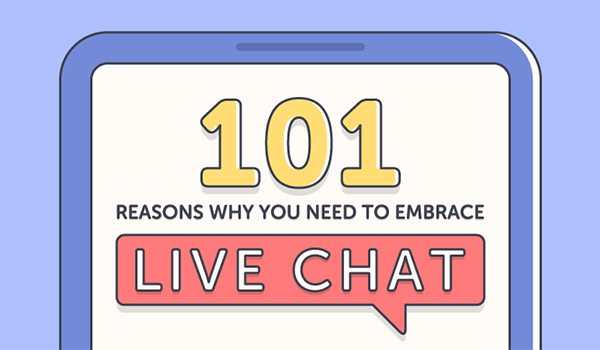Voice Search uses the power of speech recognition to search the web! Instead of typing use voice input to quickly and easily search for the things you care about.
Though 2018 might see incremental increases in this trend, I believe we’re on the verge of full-scale search revolution in the next few years. So what’s motivating this transition, and how can we best prepare for the changes to come with it?
It’s hard to say exactly how many search queries are voice-based, since Google doesn’t publish that exact information regularly. We do know that the general trend is rising, and soon, voice searches may represent the majority of total searches.
Why is this the case? There are a few strong motivating factors here, including the increased sophistication of voice-recognition systems—Microsoft’s voice recognition software now has an error rate of 5.1 percent, equaling those of its human counterparts. Digital assistants also make the process of voice searching easier, inviting more people to the system. As more people start using voice search and it becomes more “normal,” the percentage of the population using voice search also climbs.
Smart Speakers
The voice search revolution has been catalyzed by the rise of smart speakers. Though similar technologies have been around for years, in 2017, sales of smart speakers more than tripled thanks to the rise of both Google Home and Amazon Echo. Smart speakers are almost exclusively reliant on voice commands to operate, conditioning people to resolve their questions and accomplish tasks using voice-based queries.
The Biggest Repercussions
Let’s assume that voice-recognition technology and smart speakers are going to become even more advanced and more popular, sparking a full-on voice search revolution. What would be the biggest repercussions of such a change in the search world?
- Complex queries. Search queries are already becoming more complex, with users no longer needing to put forethought into which keywords they use for a query; instead, as long as they ask a question that’s remotely decipherable, they’ll be met with a suitable selection of answers and options. This is thanks to Google RankBrain (along with Hummingbird and other sections of Google’s search algorithm), which specializes in “understanding” complex user queries and condensing them to something that’s easier to search. Accordingly, the traditional approach to targeting keywords for analysis and optimization will need to change, favoring longer keyword queries and targeting overall topics, rather than specific terms.
- Audio-only interfaces. Smart speakers are also conditioning people to discover information, make purchases, and interact with websites using only their voice. This means that eventually, the value of visual mediums, including traditional websites and search engine entries, could decline. We’ll have to rethink how we present information to audiences, and may be forced to come up with entirely new structures.
- Shorter interactions. Voice-based searches aren’t appropriate for long-term research sessions; instead, they’re used for quick interactions, like finding the name of an actress or looking up a place for Chinese takeout. As user interactions grow shorter, we’ll have fewer opportunities to make an impression on users.
- Higher pressure for top positions. Though multiple options are available, for short-duration queries, digital assistants usually only relay information from the top-position entry (or an internal knowledge database). This is going to introduce even more pressure to get the top position for a given search engine results page (SERP).
- More local results. Though not a rule, many voice queries have a local intent, since users are relying on voice search on-the-go, or while at home, searching for contextually relevant information. This will drive an uptick in the percentage of locally-focused queries, and the emphasis Google and other engines place on local results.
What to Do Now
So what steps should you be taking now?
- Audit your current strategy. Take a look at your current strategy. How much effort are you putting into voice queries and long-tail keyword phrases? It may be time to redistribute your funds and emphasis.
- Brainstorm new keyword targets. Pay close attention to your keyword strategy. How many of your targets are head keywords, how many are long-tail keywords, and how many are general topic targets?
- Choose your battles. Consider fighting harder for top spots on a handful of key SERPs, while forgoing the battle for keywords that aren’t as important to you.
- Consider local. If you aren’t already investing in local SEO, now’s the time to start.
- Rethink your advertising game. If you use PPC ads, you may need to rethink your approach; soon, consumers will start interacting with your ads differently, and you may need to upgrade your targeted advertising to a different format.
- Prepare for more changes in the near future. The most important thing you can do is prepare yourself for more changes down the road. We still don’t know exactly how a voice search revolution will manifest, so it pays to remain open to the many changes to come.
Since few SEO changes truly transform the landscape overnight, you’re safe making incremental tweaks in your approach. Prepare a flexible foundation for the future of voice search, and look forward to the new means of customer engagement to come.
Resources


![Is WhatsApp for Business? 6 Ways Your Businesses Can Benefit [Infographic] Is WhatsApp for Business? 6 Ways Your Businesses Can Benefit [Infographic]](https://www.csmediagroup.com/wp-content/uploads/2020/11/Screen-Shot-2020-12-04-at-5.38.41-PM.png)





